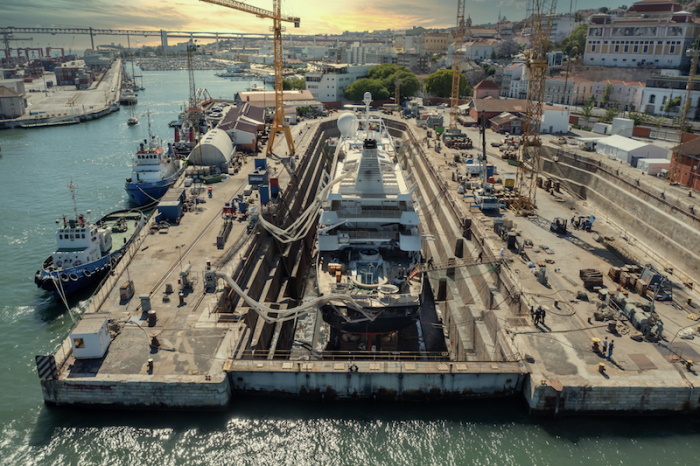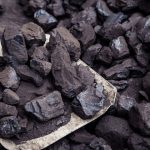Imabari Shipbuilding will install an MAN B&W 7S60ME-Ammonia engine with SCR in connection with the construction of a 200,000 dwt class bulk carrier for a joint venture between K Line, NS United and Itochu Corporation. The business represents one of the first projects for MAN Energy Solutions’ ammonia-powered engine that is currently under development in Denmark. MITSUI E&S will build the engine in Japan.
Brian Østergaard Sørensen, Vice President and Head of Research & Development, Two-Stroke at MAN Energy Solutions, said: “This project marks another important milestone in our ammonia-engine development and indeed for the maritime industry in general. It also confirms that we are on the right track in relation to our dual-fuel ammonia concept where we have gained a great understanding of ammonia’s unique characteristics as a marine fuel via our two-stroke engine testing, which we started in early June 2023. Equally as important, we are confident of how to handle it safely; it is very satisfying to see our hard work beginning to pay off.”
Bjarne Foldager – Country Manager, Denmark – MAN Energy Solutions, said: “The interest in this revolutionary engine had been overwhelming, even prior to our two-stroke ammonia-engine testing, but has even intensified after the important lessons learnt from ammonia-combustion testing on the test engine here in Copenhagen. While the current growth in shipping will increase greenhouse-gas emissions, alternative fuels like e-methanol, e-methane and green ammonia will eventually come to compete with fossil fuels but we need regulation to encourage their adoption in the industry. Regulatory clarity from the EU and IMO is improving but now we need the right market-based tools to be introduced in order to bring the industry towards carbon neutrality for 2050.”
Thomas S. Hansen, Head of Sales and Promotion, MAN Energy Solutions, said: “MAN Energy Solutions has developed this engine since 2019 with over 100,000 man-hours recorded in that time. This first MAN B&W ammonia engine is a 60-bore type, which is applicable to a broad range of vessel segments. We believe that the success of ammonia as a marine fuel strongly relies on a safe introduction to the market. We will therefore monitor a number of engines entering operation at sea to ensure that the engine design and functionality of the auxiliary systems meet our expectations before the engine is formally introduced to our marine-engine programme as part of a full sales release. In the short term, we expect a fast uptake of ammonia-fuelled engines towards the end of the decade as we obtain positive seagoing experience from the first engines. In the long term, we expect ammonia to comprise around 35% of fuel used onboard large merchant-marine vessels by 2050 due to lower production cost compared to other e-fuels relevant for large merchant-marine vessels.”
Source: Hellenic Shipping News






